*
The 2025 EarthSky Lunar Calendar is now out there! Makes an important present. Get yours at the moment!
New technique for measuring black holes
In case you have been to look at a light-weight flashing behind a black gap, a single flash may seem to you to repeat a number of occasions, like an echo. Why? As a result of large objects like black holes warp the material of spacetime. Which means mild rays from a single supply can take a number of completely different curved paths round black holes. And so some ought to take longer than others to succeed in our eyes. A group of astrophysicists reported this month (November 7, 2024) that it has devised a method for detecting and measuring these mild echoes from the warped house round black holes. They stated their new approach might assist pierce the thriller of black holes, whose gravity is so highly effective that mild passing too shut is without end captured.
Black holes don’t emit mild. So scientists are at all times searching for modern methods to measure black holes, and thereby be taught extra about them. This group says its new approach might assist measure the scale and rotation of black holes. Students from the Institute for Superior Research in Princeton, New Jersey, led this new analysis. The peer-reviewed Astrophysical Journal Letters revealed the brand new work on November 7, 2024.

Gravitational lensing round black holes
Because the first proof for Einstein’s idea of normal relativity within the 12 months 1919, we’ve understood that large objects do actually bend spacetime. We’ve recognized since then that when a light-weight ray passes by an object with an enormous gravitational pull, the trail of the sunshine will bend because it follows the curvature of house.
In more moderen a long time, astronomers have recognized large objects in house – together with large galaxies and large black holes – that act as lenses. Such an object magnifies and distorts a light-weight supply situated at a larger distance. Astronomers name the intervening objects gravitational lenses.
What’s new right here is the tactic for detecting and measuring mild that’s compelled to journey a number of routes round an intervening black gap. George N. Wong is the research’s lead creator. He stated:
That mild circles round black holes, inflicting echoes, has been theorized for years. However such echoes haven’t but been measured. Our technique presents a blueprint for making these measurements, which might probably revolutionize our understanding of black gap physics.
How did they do it?
The scientists stated they discovered a approach to separate the faint mild of particular person echoes from the stronger mild coming immediately from matter circling the black gap. Their technique depends on evaluating the outcomes of two very distant telescopes. It makes use of one on Earth and one in house, in a course of referred to as very lengthy baseline interferometry. Very lengthy baseline interferometry was the approach used to provide the primary ever pictures of a black gap in 2019. That research used not simply two, however a number of ground-based telescopes unfold broadly throughout Earth.
The group examined their approach by simulating tens of 1000’s of cases of sunshine touring across the supermassive black gap M87*. It’s situated 55 million light-years away on the heart of the galaxy M87.
And eureka! They discovered their technique was in a position to measure how lengthy the echoing photons have been delayed earlier than reaching an observer.
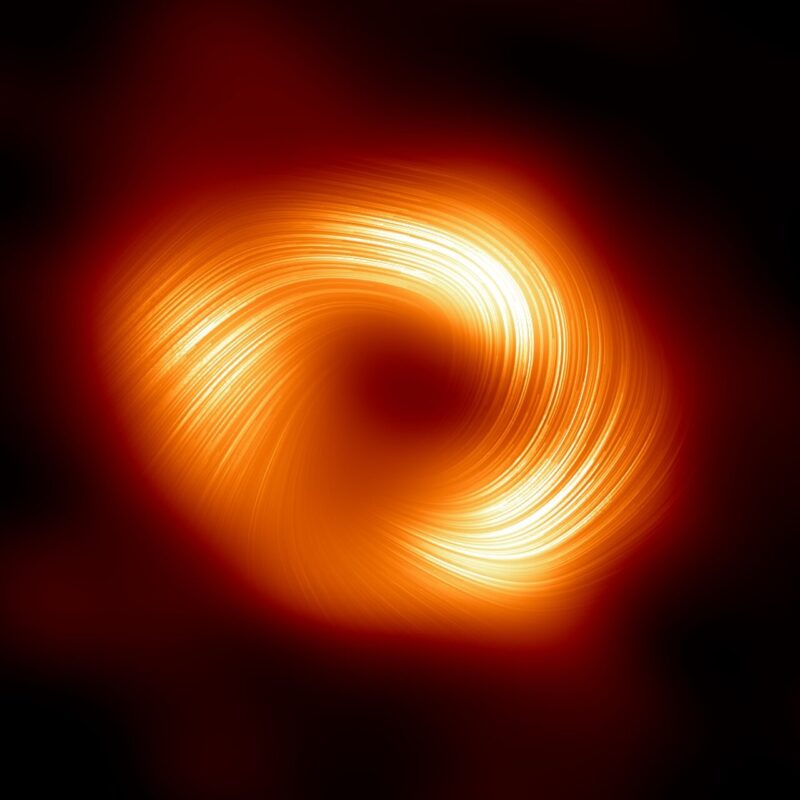
Bettering how we measure black holes
Importantly, the size of this echo delay is set by each the mass and rotation of the black gap. And that’s why this analysis could possibly be nice information for astrophysicists. Lia Medeiros, one of many research’s authors, defined:
This technique won’t solely have the ability to affirm when mild orbiting a black gap has been measured, however may also present a brand new device for measuring the black gap’s elementary properties.
We do have strategies to calculate the spin and mass of black holes, however they’re not fully dependable. The accretion disk – the intense, spinning ring of fabric across the black gap – can intrude with these measurements. Having the ability to confirm these values through mild echo delays would give scientists far larger confidence when measuring the basic properties of black holes.
The echo detection technique has not but been tried outdoors simulations. However, in line with the researchers, placing the plan into follow is effectively inside present scientific capabilities.
Backside line: Astronomers say they’ve developed a brand new technique to detect mild that echoes round black holes. It might assist them measure black holes’ dimension and rotation.
Supply: Measuring Black Gap Gentle Echoes with Very Lengthy Baseline Interferometry
By way of Institute for Superior Research
Learn extra: What’s gravitational lensing?
Learn extra: Milky Approach’s black gap in new picture

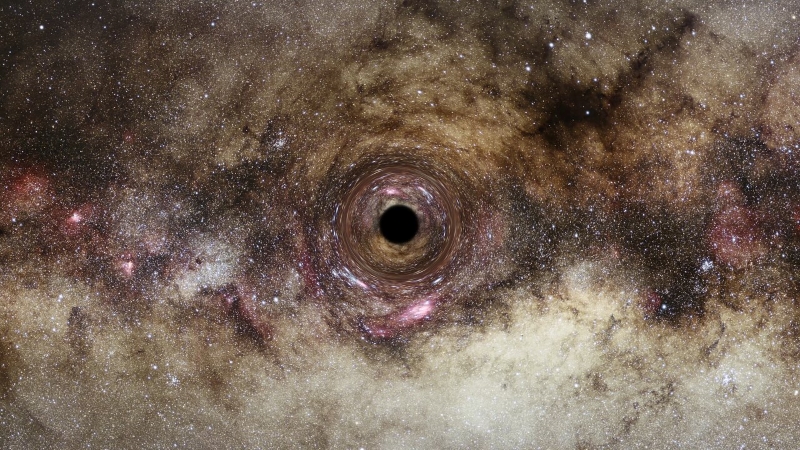
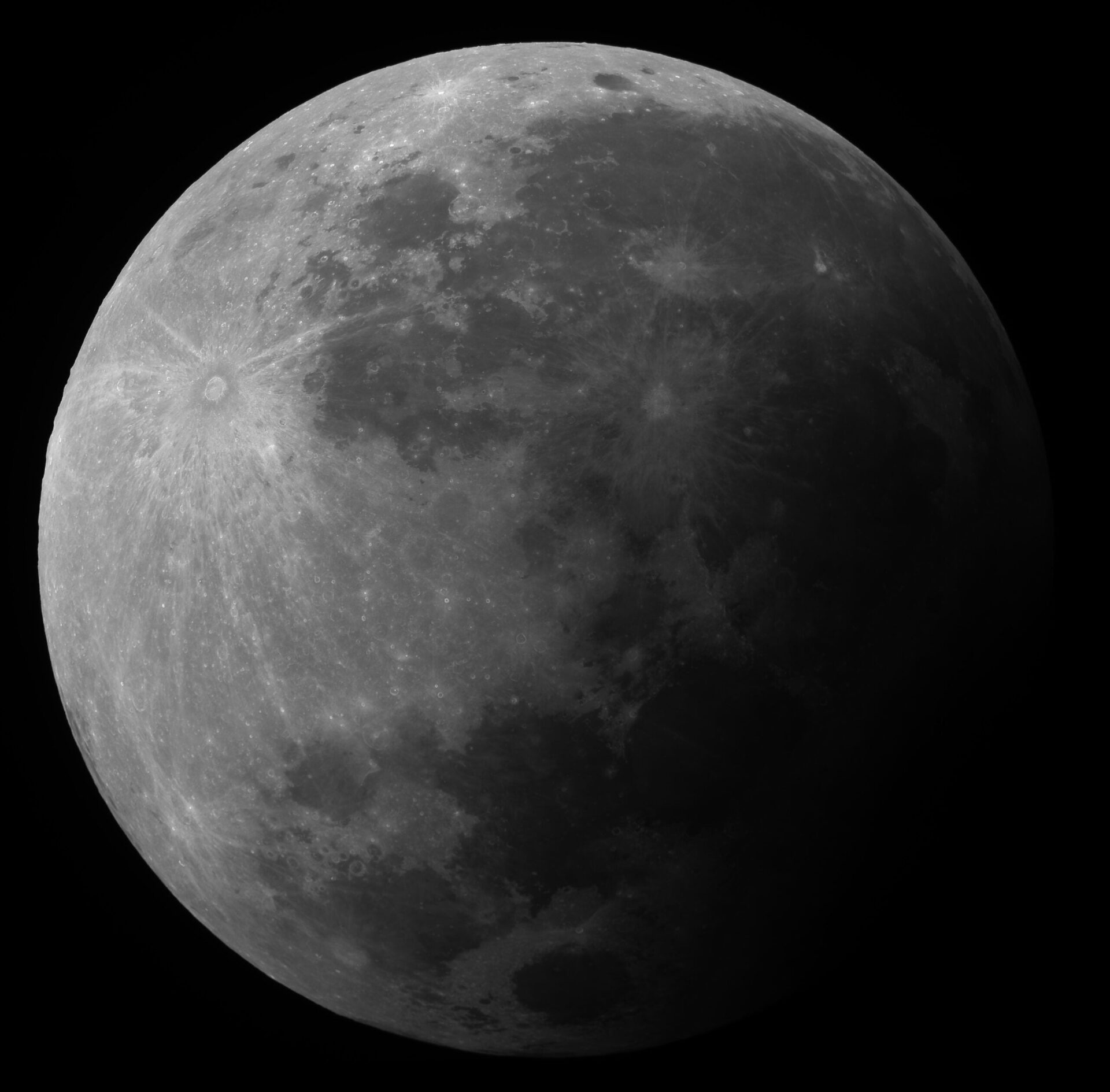
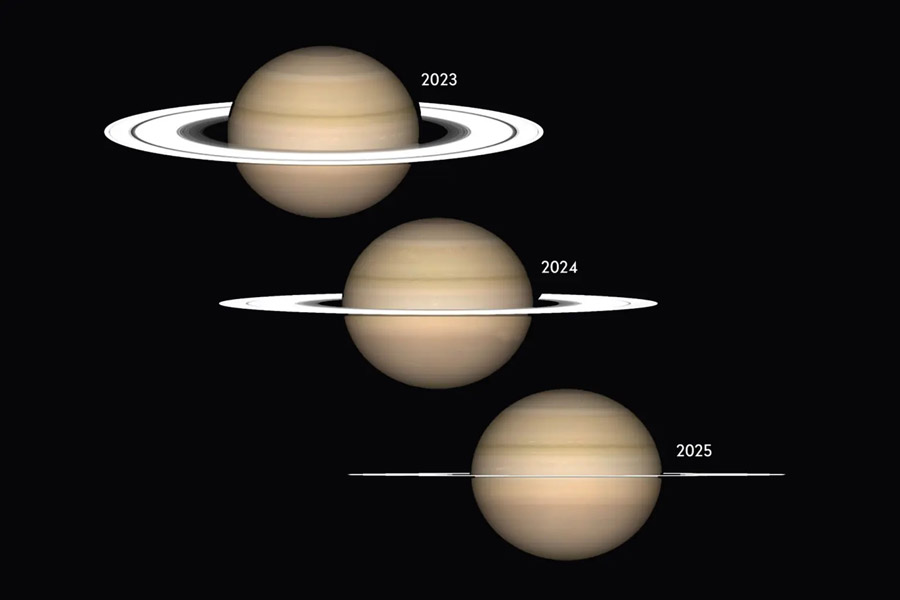
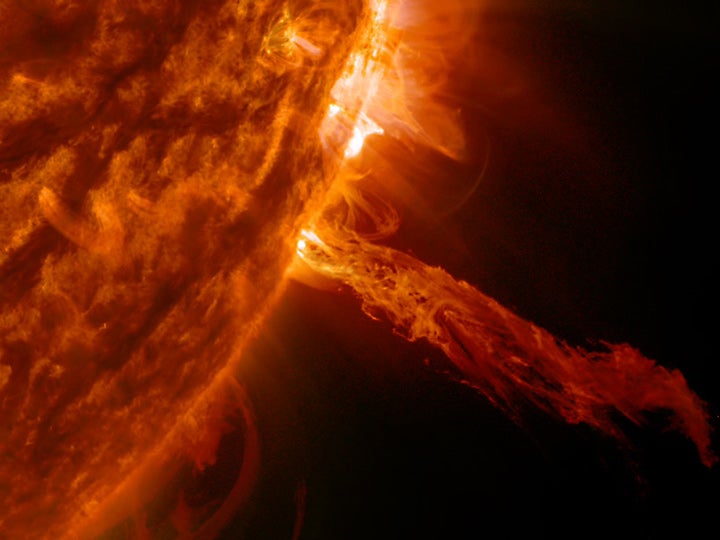
No comments! Be the first commenter?